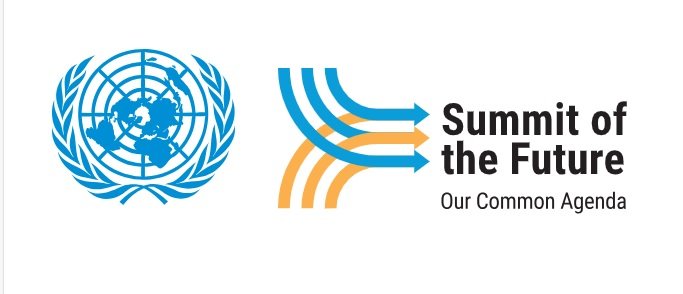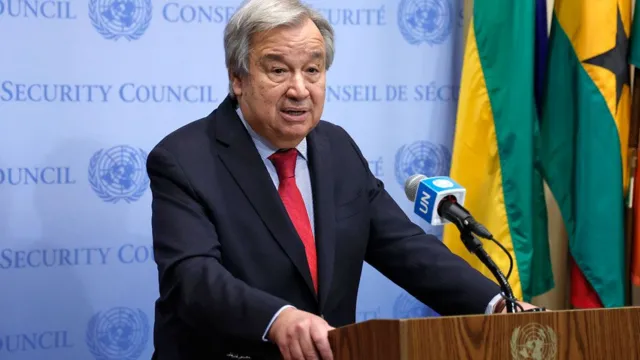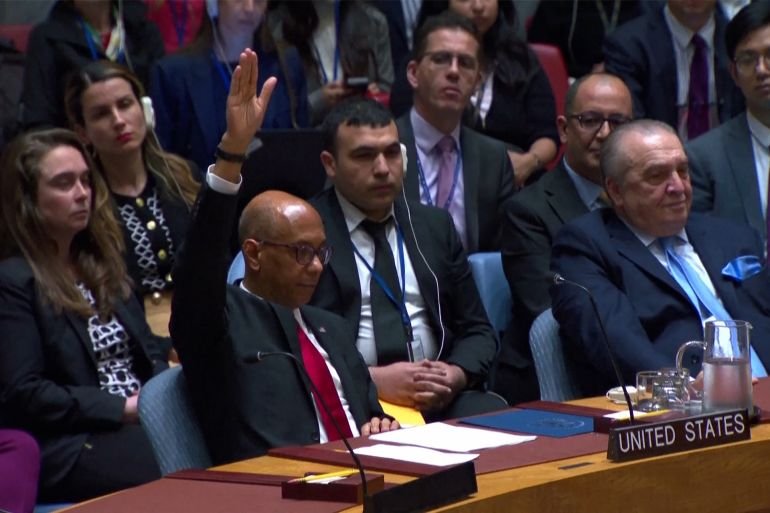Africa’s Fair Representation at the ISC Tops the Agenda of the “Summit of the Future”

Sudanhorizon – Othman Siddiq
Ahead of the upcoming UN’s “Summit of the Future”, which coincides with the annual meeting of the United Nations General Assembly scheduled for next month, there is a spotlight on the demand for fair representation of the African continent in the UN International Security Council (ISC).
The “Summit of the Future” is expected to produce a new comprehensive vision for international cooperation in this century. The latest draft of the summit, titled “The Pact for the Future,” prioritises ISC reform and promises to achieve an “ambitious” outcome. However, a specific formulation has not yet been announced.

Sierra Leone’s President Julius Maada, whose country currently holds the ISC’s rotating presidency for August, called for prioritising his continent in any structural changes to the ISC. His country had a notable meeting at the ISC on Monday, August 12th, which the United Nations News website described as a “high-level discussion on addressing historical injustice and enhancing Africa’s effective representation in the ISC.” President Maada clearly focused on the long-standing demand by African nations to gain more seats on the UN ISC, including two permanent seats, potentially with veto power, and added that Africa cannot wait any longer.
In his speech at that meeting, UN Secretary-General António Guterres called for urgent reform of the ISC, criticising its outdated structure and the lack of representation for Africa, which he said undermines the body’s credibility and global legitimacy.

The “Africa News” website reported President Maada’s remarks: “The time for half-measures and incremental progress is over. Africa must be heard, and its demands for justice and fairness must be met.” He described Africa as an undeniable victim of an imbalanced ISC structure with outdated and unfair representation. At a press conference last Monday, he expressed optimism: “We are convinced that it is a matter of time, and the gatekeepers will find it challenging to keep us out, but we have real and compelling arguments.
Namibia’s Foreign Minister Peya Mushelenga stated to the council that the issue of permanent seats, in particular, needs urgent attention. General Assembly President Dennis Francis affirmed that Africa is vastly underrepresented in the council and that the current situation is wrong.
The Sudanhorizon news website points out that this is not the first time the council has heard calls for expanding and redistributing its membership. African countries are not alone in seeking greater representation. While it is generally agreed that the council must change, discussions have stalled due to disagreements over the extent of its expansion, which countries should benefit, and what powers should be granted. The African Union has called for two additional elected seats—bringing the total to five—and two permanent seats for African countries.

It is worth noting that the ISC was established in 1945 in an attempt to maintain global peace in the aftermath of World War II. The ISC can impose sanctions, deploy peacekeeping missions, and adopt legally binding resolutions, though these are sometimes ignored. Its composition reflects the post-war power structure, where most of Africa was under European colonial rule, and only five countries— the United States, Russia, China, Britain, and France—enjoyed permanent membership with veto power. The other ten seats—originally six until the 1965 expansion—have three allocated to the African continent, which is rotated among countries elected by the expanded General Assembly according to region, with two-year terms and no veto power.
Africa is the fastest-growing continent in terms of population, with 1.3 billion people. The continent’s 54 countries represent 28% of the United Nations member states. Five of the 11 current UN peacekeeping missions are in Africa, and four of the ten largest troop-contributing countries are African. However, any move to satisfy Africa’s demands is likely to generate pressure that could push the UN to consider proposals from other countries as well.
The issue of fair and equitable representation for the African continent and other regions, and perhaps even individual countries, has long been discussed within the halls of the UN. However, it has become increasingly clear that the time has come for the victims of Western influence and dominance over the international scene to unite firmly so that they do not lose the precious opportunity provided by the “Summit of the Future.” The problem has become clear, and the need for solutions is urgent.
The summit offers a crucial opportunity to progress on these issues and help ensure that all countries can meaningfully participate in global governance structures on an equal footing.
Shortlink: https://sudanhorizon.com/?p=991

